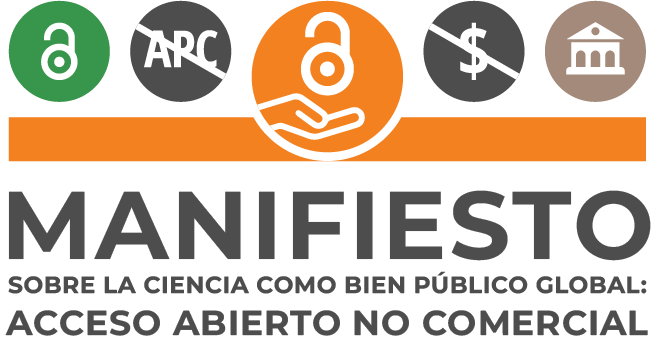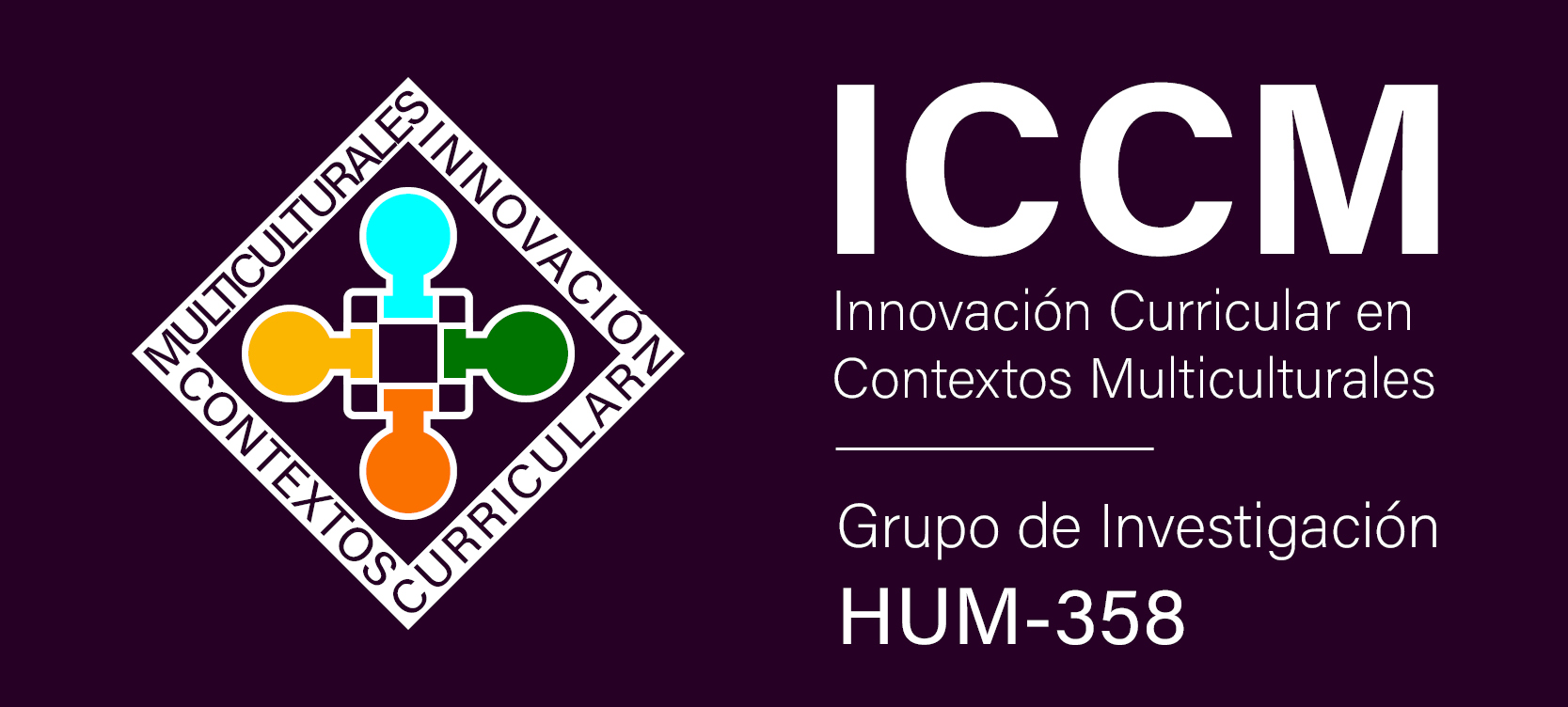INTERCULTURALITY: TEACHING NURSING TO TOTONACO AND NAHUATL SPEAKING STUDENTS
DOI:
https://doi.org/10.30827/modulema.v9i.32159Keywords:
Culture, Indigenous Peoples, Social Inclusion, Health, TeachersAbstract
Background: intercultural education is a process of transformation that implies the recognition of cultural diversity. This process poses challenges for the various educational actors, which are manifested in the daily experiences during the training processes. In nursing, considering these singularities favors the permanence and graduation of the student body. Objective: analyze intercultural strategies in Nursing education for Totonac and Nahuatl-speaking students at a university in Mexico. Methods: qualitative hermeneutic study. The information was collected through semi-structured interviews, the narratives of teachers were analyzed respect to intercultural strategies in the teaching of Nursing to Totonac and Nahuatl-speaking students. Results: intercultural strategies in Nursing education comprise a diversity of factors, including faculty experiences and professional trajectories, normative and institutional guidelines, as well as potentialities, barriers and challenges inherent to this type of training. Emphasis is placed on the relevance of these processes for the preservation of cultural identity and the transmission of ancestral knowledge, in the context of a continuous and dynamic exchange of knowledge. Conclusions: the strategies in intercultural teaching in Nursing include the experiences and trajectories of the teaching staff, the potential of this type of education and the institutional guidelines. Likewise, barriers and challenges posed by this educational model are recognized.
Downloads
References
Amundsen, D. (2022). Indigenous and older adult higher education students: Challenging systemic and linear transitions for inclusion. International Journal of Educational Research Open, 3, 100148. https://doi.org/10.1016/j.ijedro.2022.100148 DOI: https://doi.org/10.1016/j.ijedro.2022.100148
Bailey, K. A. (2020). Indigenous students: resilient and empowered in the midst of racism and lateral violence. Ethnic and Racial Studies, 43(6), 1032–1051. https://doi.org/10.1080/01419870.2019.1626015 DOI: https://doi.org/10.1080/01419870.2019.1626015
Barros, J. D. (2012). Tempo e Narrativa Em Paul Ricoeur: Considerações Sobre O Círculo Hermenêutico. Revista de História e Estudos Culturais: Fênix, 9(1), 1-27. https://www.revistafenix.pro.br/revistafenix/article/view/370
Bolaños, G. (2015). La educación propia: una realidad de resistencia educativa y cultural de los pueblos. Revista Educación y Ciudad, 22, 45–56. https://doi.org/10.36737/01230425.n22.86 DOI: https://doi.org/10.36737/01230425.n22.86
Calderón Farfan, J. C., Rosero Medina, D. F., Acevedo Ninco, Y., Cristancho Marulanda, S., & Arias Torres, D. (2023). Food sovereignty and autonomy for indigenous health as resistance to food globalization: Scoping review. Global Food Security, 37, 100682. https://doi.org/10.1016/j.gfs.2023.100682 DOI: https://doi.org/10.1016/j.gfs.2023.100682
Cardenal Salazar, J. C. (2024). Reimaginando la educación en América Latina: Humanización y emancipación en las pedagogías críticas y decoloniales. REVISTA VERITAS ET SCIENTIA - UPT, 13(01), 58-68. https://doi.org/10.47796/ves.v13i01.965 DOI: https://doi.org/10.47796/ves.v13i01.965
Castro, A. R. (2021). Hacia una tipología de la Interculturalidad en salud: alcances, disputas y retos. Andamios, Revista de Investigación Social, 18(45), 535-552. https://doi.org/10.29092/uacm.v18i45.829 DOI: https://doi.org/10.29092/uacm.v18i45.829
Chakravarti, A. C. (2023). Para seguir siendo indígenas “ahora y después”: la propuesta de educación originaria de la Preparatoria Totonaca CESIK en la Sierra Norte de Puebla, México. Revista Latinoamericana de Estudios Educativos, 53(3), 461–500. https://doi.org/10.48102/rlee.2023.53.3.588 DOI: https://doi.org/10.48102/rlee.2023.53.3.588
Dietz, G. (2017). Interculturalidad: una aproximación antropológica. Perfiles Educativos, 39(156), 192 207. https://doi.org/10.22201/iisue.24486167e.2017.156.58293 DOI: https://doi.org/10.22201/iisue.24486167e.2017.156.58293
Ferrer-Pérez, T. A., Finscué-Pete, L. N., & Calderón-Farfán, y J. C. (2024). Creencias y prácticas de cuidado en gestantes indígenas nasa, un vínculo con la madre tierra. Global Health Promotion, 24, 1-9. https://doi.org/10.1177/17579759241248628 DOI: https://doi.org/10.1177/17579759241248628
Flores López, A., Sosa Martínez, B., Méndez Alonso, J. M., Catarino Centeno, R., & García Hernández, E. (2022). Adaptación de la Tabla Periódica al Náhuatl: Una propuesta para la enseñanza e inclusión. Educación Química, 33(4), 65–85. https://doi.org/10.22201/fq.18708404e.2022.4.0.81018 DOI: https://doi.org/10.22201/fq.18708404e.2022.4.0.81018
Hernández Paz, A. A., Cancino Cancino, V. E., Tamez González, G., & Leyva Cordero, O. (2023). Evaluación y acreditación para el aseguramiento de la calidad de la educación superior en México. Revista Venezolana de Gerencia, 28(102), 693–712. https://doi.org/10.52080/rvgluz.28.102.16 DOI: https://doi.org/10.52080/rvgluz.28.102.16
Instituto Nacional de las Mujeres, & Gobierno de México. (2022). Norma Mexicana NMX R 025 SCFI 2015 en Igualdad Laboral y No Discriminación. El Inmujeres, La STPS y El Conapred Impulsan La Certificación En La Norma Mexicana En Igualdad Laboral y No Discriminación. https://nmx.conapred.org.mx/
López-Ríos, J. M., Mejía-Merino, C. M., Frías-Epinayú, C. E., & Cristancho Marulanda, S. (2021). Community strategies for food security in indigenous Wayuu, La Guajira, Colombia. Rev Esp Nutr Comunitaria, 27(1), 28–34. https://doi.org/10.14642/RENC.2021.27.1.5351
Ludwig, D., & Macnaghten, P. (2019). Traditional ecological knowledge in innovation governance: a framework for responsible and just innovation. Revista de Innovación Responsable, 7(1), 26–44. https://doi.org/10.1080/23299460.2019.1676686 DOI: https://doi.org/10.1080/23299460.2019.1676686
Meneses Pardo, A. I. (2011). Factores asociados a la deserción de estudiantes que ingresaron por condición de excepción indígena a la Universidad del Valle en 2001-II. Sociedad y Economía, 1(20), 69–98. https://doi.org/10.25100/sye.v0i20.4060 DOI: https://doi.org/10.25100/sye.v0i20.4060
Mills, K., Creedy, D. K., & West, R. (2018). Experiences and outcomes of health professional students undertaking education on Indigenous health: A systematic integrative literature review. Nurse Education Today, 69, 149–158. https://doi.org/10.1016/j.nedt.2018.07.014 DOI: https://doi.org/10.1016/j.nedt.2018.07.014
Rea Campos, C. R., & Martínez Rodríguez, M. (2020). Repensar los estudios sobre saberes indígenas: A propósito del caso p’urhépecha. Latin American and Caribbean Ethnic Studies, 17(2), 261–279. https://doi.org/10.1080/17442222.2020.1821453 DOI: https://doi.org/10.1080/17442222.2020.1821453
Ríos Burga, J. R. (2019). Aníbal Quijano: hacia un nuevo horizonte de sentido histórico de una civilización de vida. Revista de Sociología, 28, 83–102. https://doi.org/10.15381/rsoc.v0i28.16897 DOI: https://doi.org/10.15381/rsoc.v0i28.16897
Rosero-Medina, D. F., Troche-Gutiérrez, I. Y., & Gómez-Tovar, L. O. (2024). Frecuencia, factores de riesgo y características de los estudiantes de Enfermería con intención de abandono escolar. Salud UIS, 56(1). e24012. https://doi.org/10.18273/saluduis.56.e:24012 DOI: https://doi.org/10.18273/saluduis.56.e:24012
UNESCO. (2009). Directrices sobre políticas de inclusión en la educación. Organización de Las Naciones Unidas Para La Educación, La Ciencia et La Cultura. https://unesdoc.unesco.org/ark:/48223/pf0000177849_spa.
Vegliò, S. (2021). POSTCOLONIZING PLANETARY URBANIZATION: Aníbal Quijano and an Alternative Genealogy of the Urban. International Journal of Urban and Regional Research, 45(4) 663-678. https://doi.org/10.1111/1468-2427.13024 DOI: https://doi.org/10.1111/1468-2427.13024
Walsh, C. E. (2015). Decolonial pedagogies walking and asking. Notes to Paulo Freire from AbyaYala. International Journal of Lifelong Education, 34(1), 9–21. https://doi.org/10.1080/02601370.2014.991522 DOI: https://doi.org/10.1080/02601370.2014.991522

Published
How to Cite
Issue
Section
License
Copyright (c) 2025 Diego Fernando Rosero Medina, Jesús Stivent Zuñiga Meneses, Laura Ortega Hernández, José Vladimir Guzmán Rivera, Gina Marcela Ordoñez Andrade

This work is licensed under a Creative Commons Attribution-NonCommercial-ShareAlike 4.0 International License.

















